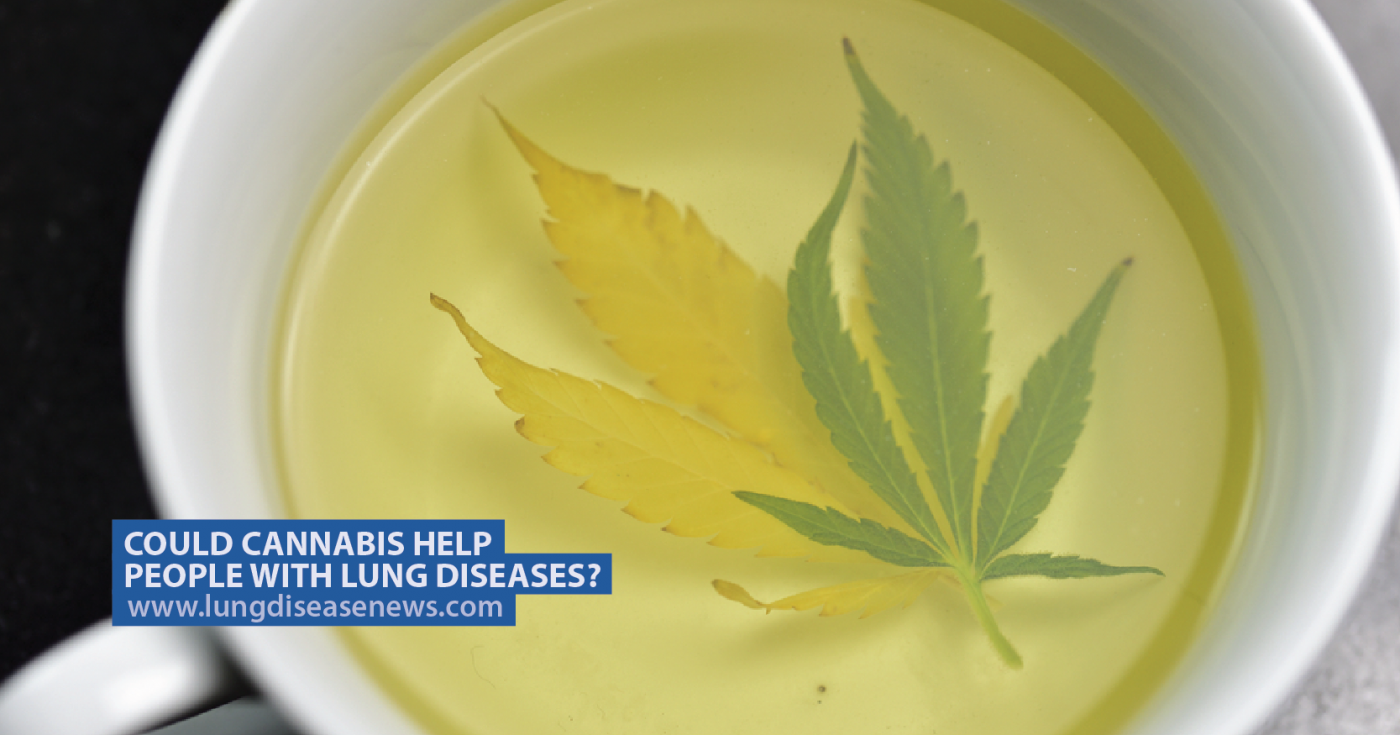There is much talk in medical circles about the use of medical marijuana (or cannabis) for a variety of chronic illnesses, but could it also benefit those living with chronic lung disease?
MORE: 5 Ways to Help a Friend With Pulmonary Fibrosis
Medical marijuana is currently legal in 23 states in the U.S., as well as Washington, D.C., but its use is a contentious issue with as many people for it as are against it.
How could medical marijuana help those living with chronic lung diseases? According to the Lung Institute, medical marijuana has been found useful in reducing inflammation, improving sleep, easing pain, supporting the immune system, and reducing phlegm. However, one of the big issues when it comes to using cannabis if you have a pulmonary disease, is smoking.
Smoking cannabis is harmful to those with lung diseases as there is generally no filter on the “joint” and people tend to inhale deeper, leaving the smoke in the lungs for much longer than cigarettes or other tobacco products. The American Thoracic Society strongly argues against the smoking of marijuana, citing that it can cause large air sacs (bullae) to form in the lungs which could pop and cause lung collapse, ironically this is more likely to happen to marijuana smokers who are younger rather than older (under 45).
However, there are alternatives to smoking. Many people who don’t already smoke but want to get the benefits of medical marijuana choose to either ingest the product through edible items (such as cookies or brownies) or vapor (where the cannabis is heated at a lower temperature than burning which releases the active ingredients into a steam or vapor which can then be inhaled).
Some people may find that medical marijuana offers temporary relief from some of the symptoms of lung disease, but as it also comes with the side effect of getting high, there is a legal, moral and safety dilemma for many.
MORE: The Realities of a Pulmonary Fibrosis Diagnosis
Lung Disease News is strictly a news and information website about the disease. It does not provide medical advice, diagnosis or treatment. This content is not intended to be a substitute for professional medical advice, diagnosis, or treatment. Always seek the advice of your physician or another qualified health provider with any questions you may have regarding a medical condition. Never disregard professional medical advice or delay in seeking it because of something you have read on this website.

